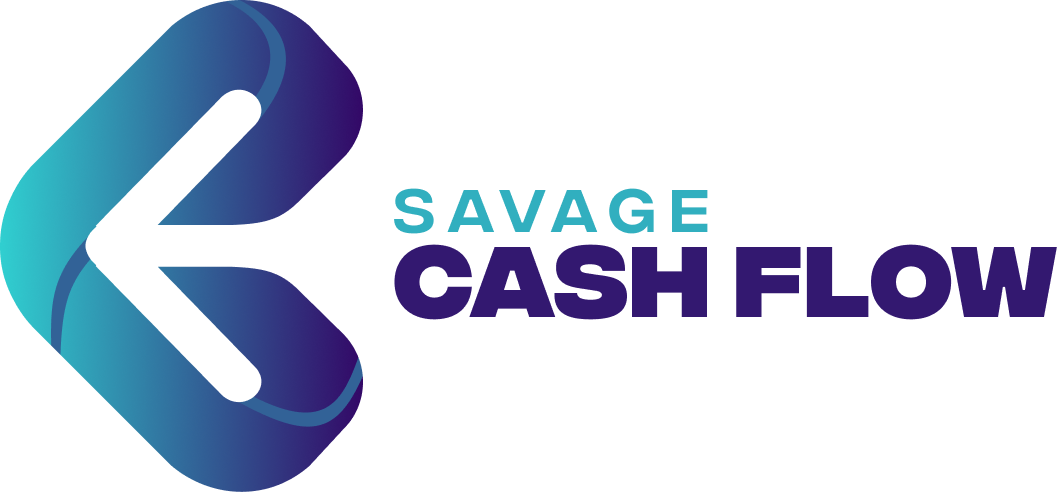
Call Recording: A Key Tool for Quality Assurance in Customer Support

Implementing call recording for quality assurance is one of the best ways to achieve this.
This tool allows businesses to monitor, review, and analyze customer interactions, pinpointing areas for improvement and boosting overall service quality. Let’s explore the benefits of call recording business in the field of quality assurance in customer service.
Importance of Call Recording for Quality Assurance
Training and Development
On-the-job training is crucial for any customer-facing role. Call recordings give supervisors real-life examples of customer interactions to highlight successes and areas for improvement. Trainees can listen to their own calls to learn from mistakes and enhance their communication and problem-solving skills.
Quality Control
Maintaining high service standards is vital for any business. Recorded calls help you measure customer satisfaction and the quality of phone support. Use this information to improve how your agents handle support and sales requests.
Dispute Resolution
Finding the root cause of a disagreement between a customer and an employee can be crucial for resolution. A customer dispute can often arise from a miscommunication. Businesses and their employees can be held accountable for these misunderstandings, making it beneficial to have call recordings. These recordings help both the company and the employee identify the root of the issue and resolve the dispute before it escalates into legal action.
Recording calls does not necessarily mean investing in expensive equipment. There is an alternative in the form of Call Recorder iCall, which is not inferior to any expensive methods. To use the call recorder app iPhone, you only need 1-2 minutes of time to install. Even the initial investment is not required, iCall offers a free trial period. Employees also receive a phone recorder iPhone as a bonus. Moreover, the call recorder with the help of the application provides the highest possible recording quality.
Increase Accountability and Transparency
Recording calls creates a clear record of customer interactions, ensuring agents stay on track with company policies. This leads to higher professionalism and consistency within the customer service team.
Identifying Areas for Process Improvement
Knowing what your employees say during calls is crucial. Call recordings provide insights into their words, tone, and communication style, helping you identify potential issues in customer support or sales.
They also reveal customer reactions to specific phrases or styles, aiding in refining scripts for better performance. Continuously improving communication strategies will boost overall customer satisfaction.
Recover Missed Details
Calls can get intense, with both the customer and your reps talking, actively listening, and trying to resolve issues simultaneously. This is why being able to review recorded customer calls is incredibly valuable. If there’s confusion or a misunderstanding, listening to these recordings can help identify the source of miscommunication and quickly find a solution.
Enhance Customer Satisfaction
Call recordings reveal both strong points and areas needing improvement in customer service. Addressing these insights helps businesses boost overall customer satisfaction and build long-term loyalty.
Ensuring Compliance with Regulations
In certain industries, recording customer interactions is necessary for compliance. Call recording helps businesses meet these regulations and avoid potential penalties or fines.
Increase Security and Fraud Prevention
Call recording is a key tool for spotting security threats or fraudulent activities. By monitoring interactions, businesses can swiftly address risks, ensuring customer safety and maintaining a secure environment.
Laws and Regulations Governing Call Recordings
Specific call recording laws vary by country and region, but it is generally allowed under certain conditions. These regulations are mainly governed by privacy and telecommunications laws, such as the European Union’s General Data Protection Regulation (GDPR).
In some regions, customers must be informed and give consent before their calls are recorded. For instance, in the EU, the Markets in Financial Instruments Directive (MiFID 2) also applies. MiFID 2 oversees various aspects of financial services, including the recording, storing, and tracking of all communications, including phone calls.
However, national laws can sometimes be stricter than GDPR or MiFID 2. For example, German law requires explicit consent from all parties before recording any conversation (§201 of the German Criminal Code). Failing to obtain this consent can result in severe consequences, such as criminal charges, fines, or even jail time.
Using and Storing Call Recordings
Contact centers use call recordings to enhance customer service and ensure compliance. Here are the primary reasons:
- Contractual Purposes: Utility companies and service providers often record calls for contract verification.
- Legal Obligations: Industries like healthcare and financial services must record calls to comply with regulatory requirements.
- Transcription: Analyzing call recordings helps brands understand their audience better.
- Fraud Protection: Recordings safeguard both customers and companies against fraud or misrepresentation.
- Training: Recordings are vital for training new recruits and demonstrating best practices.
However, handling this data involves navigating complex regulations. In the US, a mix of federal laws governs consumer privacy, while European customers are protected under GDPR. Here are the key points to remember:
- Retention: Only keep recordings as long as necessary, ideally for the shortest time possible.
- Purpose: Ensure a valid reason for recording, such as contractual, legal, or protective needs.
- Notification: Inform customers that their call is being recorded.
- Security: Use encryption, pseudonymization, or anonymization to protect data.
- Access and Deletion: Allow customers to access their recordings and request secure deletion, where appropriate.
Conclusion
Call recording for quality assurance can greatly enhance your customer service. By using these recordings, businesses can:
- Train and develop staff
- Monitor performance
- Ensure accountability and transparency
- Resolve disputes
- Improve processes
- Boost customer satisfaction
- Maintain compliance and security
In today’s competitive market, excellent customer service is crucial. Implementing call recording for quality assurance can help you achieve success and build trust with your customers.
Read more:
Call Recording: A Key Tool for Quality Assurance in Customer Support
